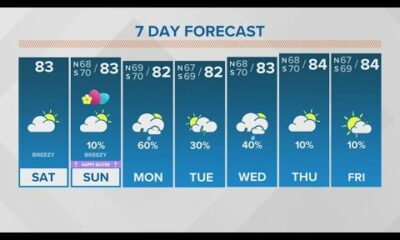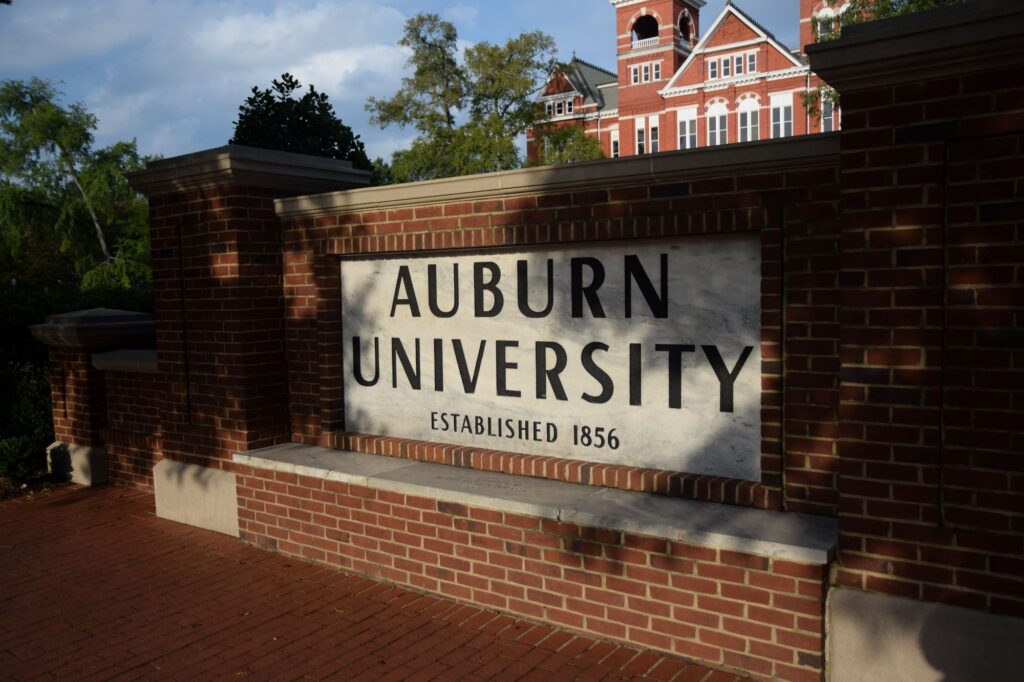This isn’t a reflection on the nation’s oldest and most renowned institution of higher learning. Remedial courses aren’t new. Plenty of colleges and universities offer courses geared toward helping students with precalculus and calculus.
The fact that students at a highly competitive school like Harvard may need help getting caught up in a core subject should be a bright red warning light that our K-12 system is falling behind when it comes to math education.
Looking at the most recent scores from the Nation’s Report Card, we know there has been minimal progress for students catching up from COVID learning loss, and most fourth and eighth graders on last year’s exam still performed below pre-pandemic levels, with a widening gap between disadvantaged students and their more resourced peers.
To ensure future generations are prepared for postsecondary success, we need to look for upstream solutions—state-level math policy that we know will help students build the foundation they need.
State leaders can act now on five essential math policies designed to transform math achievement.
First, we know that countries consistently performing above average on international math assessments spend an average of 60 minutes per day on instructional time. In America, Alabama is the only state actively requiring this instruction length, with Maryland recently passing a similar policy that will be implemented in 2026. If every state required 60 minutes of math instruction a day, students would see stronger outcomes.
Second, the adoption of High-Quality Instructional Materials (HQIM) would ensure students have access to grade level content. Surprisingly, this remains a significant challenge across the country, with some research indicating students spend more than 500 hours per school year on assignments not appropriate for their grade level and expectations.
Next, we know that math coaches are an essential investment for all elementary and secondary schools and can be relied upon to lead professional development, facilitate lesson planning, teach model lessons and observe and provide immediate feedback. States like Alabama and Kentucky have implemented strong math coach programs.
Just as we look to NAEP as a national assessment tool, teachers should be implementing regular assessments in their classrooms that provide valuable student progress information and inform future instruction tactics. When assessments are followed by timely interventions to get students back on track, student learning outcomes can dramatically improve.
By the time our students graduate from high school, they should be proficient in the math skills they need to succeed in higher education, the military or the workforce. We owe it to them to get them to that level in the K-12 system so they are not playing catch-up in subsequent years.
Lindsey Henderson serves as the Math Policy Director at ExcelinEd.














































